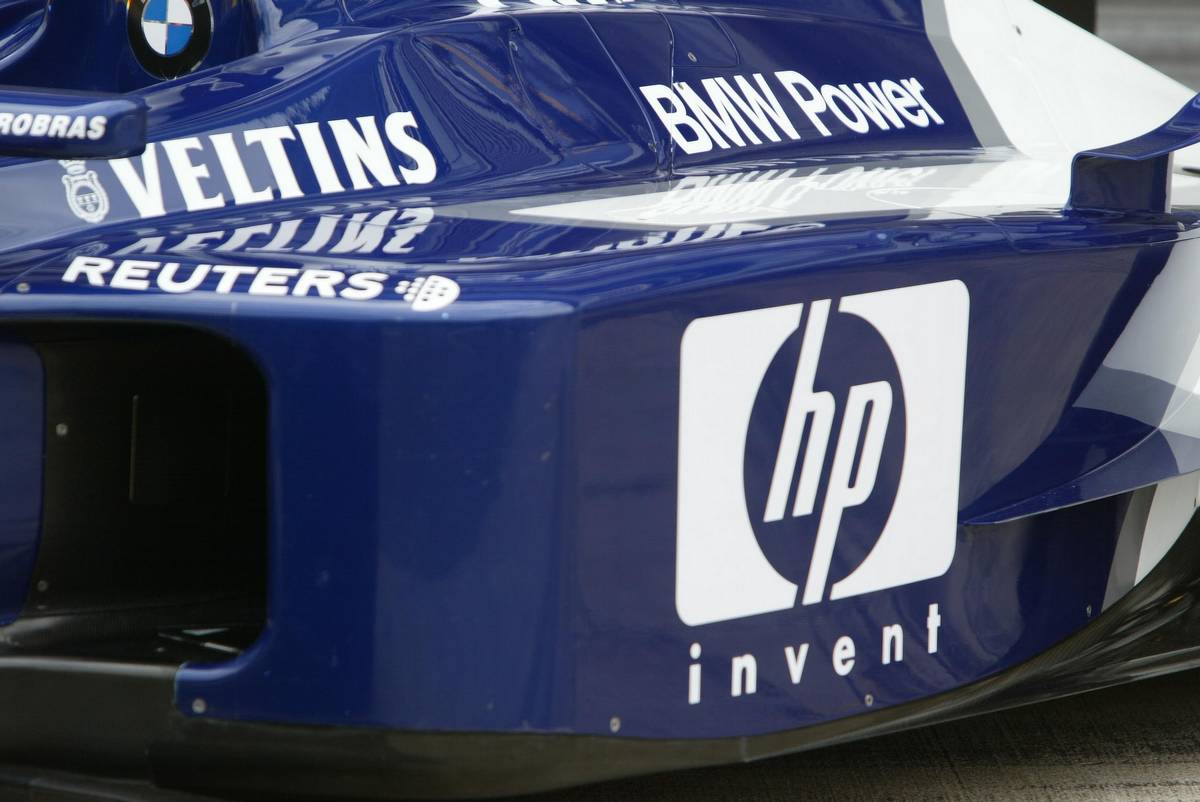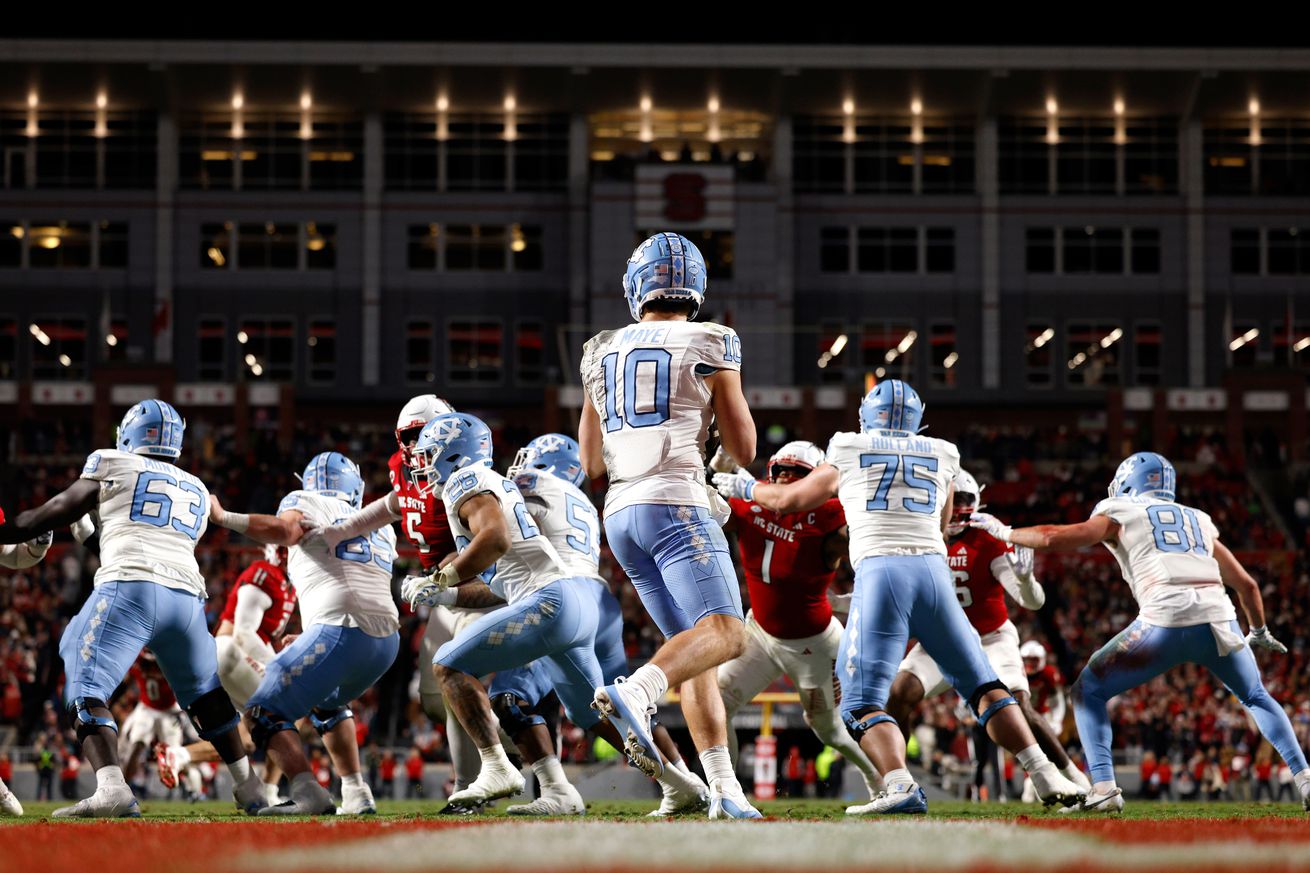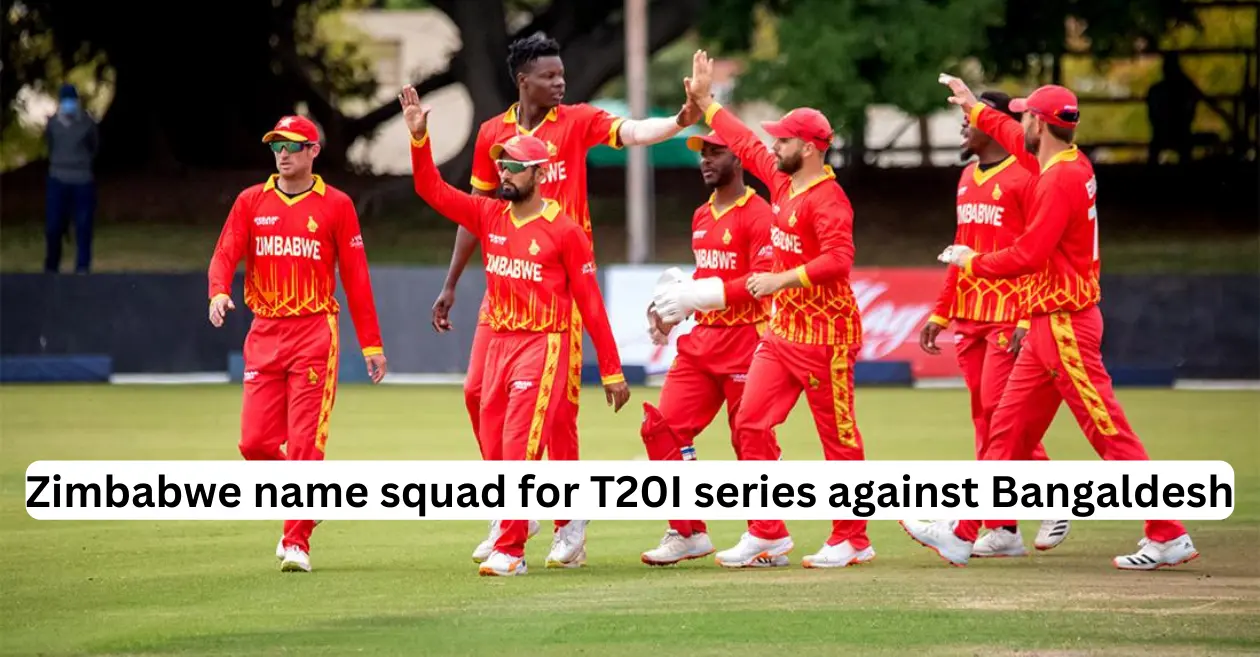
Gonzalez was projected as a top-10 pick but he eventually was selected by New England at No. 17 overall.
One of the big mysteries of the 2023 NFL Draft is how the New England Patriots were able to end up with cornerback Christian Gonzalez.
Gonzalez, who had an impressive season at the University of Oregon, was projected as a top-10 selection heading into the first round last Thursday. He was ranked as the top cornerback and No. 7 player overall on a consensus board of 70 different big boards, him dropping to the Patriots seemed highly unlikely.
Per ESPN Analytics, there was approximately a 12 percent chance he would fall to New England at No. 14. The Patriots did not draft him there, they were able to get him even after trading down to No. 17.
The question is: Why?
There obviously is no clear answer without being in the room and knowing the draft boards of the 15 non-Patriots teams passing on him. However, based on the information available we can try to find out why half of the league decided against drafting a formidable cornerback prospect.
Let’s start with the easy part, namely the needs those 15 teams had. And at first glance we can eliminate several as potential landing spots. The Carolina Panthers, Houston Texans and Indianapolis Colts, for example, were never going to draft him given their needs at quarterback; same for other teams that needed help elsewhere first or were already sufficiently equipped at the cornerback position.
That still leaves a handful of clubs standing, though. And to make Gonzalez’s fall even more improbable, the consensus other top CB prospect already and somewhat surprisingly came off the board fifth overall: Devon Witherspoon — the No. 8 overall prospect on the consensus board — went to the Seattle Seahawks.
This meant that cornerback-needy teams like the Detroit Lions, Las Vegas Raiders and Washington Football Team Commanders should have been all over Gonzalez. They weren’t.
The Lions, who had reportedly targeted Witherspoon “for months” and had a need after trading away Jeff Okudah, had to adjust on the fly after their target went off the board right before they were on the clock. They made a trade with Arizona to move from No. 6 to No. 12 and ended up drafting running back Jahmyr Gibbs — one of the more polarizing first-round selections this year.
Next up were the Raiders, who instead of Gonzalez went with defensive end Tyree Wilson at No. 7. They obviously liked him and, according to this nugget from an excellent in-draft-room report by NBC Sports’ Peter King, preferred pass rush over coverage:
In a lull in front of the room, McDaniels said quietly: “Our board was right. We needed three quarterbacks to go, and we’re so happy we got one of the four non-quarterbacks who were our top-rated guys on the board. Look, we gotta rush the passer. We gotta go get [Patrick] Mahomes and [Justin] Herbert. That’s four games a year for the next few years against these great young quarterbacks. And the AFC is full of these great young quarterbacks. This is a great outcome for us.”
The Commanders did indeed go after a cornerback at No. 16, but they opted for Mississippi State’s Emmanuel Forbes over Gonzalez. In large part due to his 166-pound frame, Forbes was not as highly-ranked in the pre-draft process (No. 36 overall/CB6) but his ball production — 14 career interceptions, six pick-sixes — was apparently enticing.
The Raiders’ logic seems sound, so this leaves Detroit and Washington as the two biggest question marks (plus other teams further down the board that might have had reason to trade up). We can fairly confidently say that they liked Witherspoon and Forbes, respectively, more than Gonzalez.
Scheme might have played a part in this. The Commanders, for example, are playing a lot more zone than man coverage in 2022; with Gonzalez an able press-man cornerback they might have liked Forbes more in their defense.
The Lions, on the other hand, were about as man-heavy as the Patriots. Even if they are planning to run more zone, Gonzalez still appeared to be a very good fit. Apparently, however, Detroit disagreed — at least at the price it would have had to pay and relative to a) Jahmyr Gibbs and b) the cornerbacks already with the team.
That is where the man himself needs to be added to the mix. And there appeared to be some questions about Christian Gonzalez as well, per veteran NFL reporter Mike Giardi.
Asked personnel execs/scouts from 5 different teams their thoughts on Christian Gonzalez’s “slide.” (‘Not a big fan of that term fwiw)
– Lack of physicality, and not just in the run game.
– Concerns about his play in big games. He was not good against Georgia this year in…— Mike Giardi (@MikeGiardi) May 1, 2023
The three concerns listed — physicality, big-play performance, drive — are certainly legitimate, and reasons that might have dropped Gonzalez on teams’ boards relative to the pre-draft media consensus. But while the logic or the veracity do not necessarily need to be questioned, the question is just how big those concerns truly are.
His, as Giardi put it, “competitive spirit to go from good to great” cannot be assessed from afar and without knowing the process teams apply to determine that. The Patriots, who employ one of Oregon’s former assistant coaches (Adrian Klemm), are seemingly fine with that question.
Physicality and concern about big-play performance, meanwhile, are a bit more tangible. And there is truth to both those questions.
Gonzalez is indeed not the most physical tackler, nor is he the most feisty defensive back. Given that he is an underclassman, he obviously still has time and potential to grow into his frame a bit. Coming out of Oregon and as far as the 2023 season is concerned, however, those red flags can be raised. Whether they are enough to let him fall to No. 17 is another debate entirely.
As for his big-game performance, and in particular the 2022 season opener against Georgia, some problems can be seen as well:
Gonzalez objectively struggled vs Georgia (L)
Multiple scores in his area, pushed around + late diagnosing vs runs/screens, and lost at the catch point 2x. Downhill trigger could also be more consistent
But he had moments of great coverage and made the tackles he needed to (R) https://t.co/MHpQdxyELs pic.twitter.com/MZTcFXIYjZ
— Taylor Kyles (@tkyles39) May 1, 2023
Now, is that performance alarming? For the teams Giardi spoke to it might have been. However, Gonzalez did show some marked improvement after that particular game against Georgia (which, by the way, was his first in an Oregon uniform since his transfer from Colorado).
“If you watch the Georgia game, and then you watch the Stanford game … and you watch in chronological order throughout the season, you can see him learn from mistakes he made earlier in the year,” said NFL analyst Brett Kollmann. “He just got better, and better, and better.
“Specifically, as an example, there’s a back-shoulder fade that Georgia got him on early in the season, Week 1. You could tell that he played back-shoulder fades differently after that. It wasn’t just I’m going to be like a yard-and-a-half off and read out the hips in case I’m playing for a double move. No, he got chest-to-chest, he played it aggressively. He played it like an NFL corner is supposed to.”
Again, the concerns raised by those five teams’ representatives have merit — tape don’t lie. In a vacuum, though, they might not have led Gonzalez to fall all the way to New England.
Instead, the Patriots were the beneficiaries of a perfect storm of sorts. Only a handful of teams were realistic threats to pick the 20-year-old before he fell into the Patriots’ range to begin with, and those decided to go in different directions for reasons not entirely clear (see: Detroit).
At the end of the day, none of that really matters. What matters is the end result: Christian Gonzalez is a Patriot.



















You must be logged in to post a comment Login